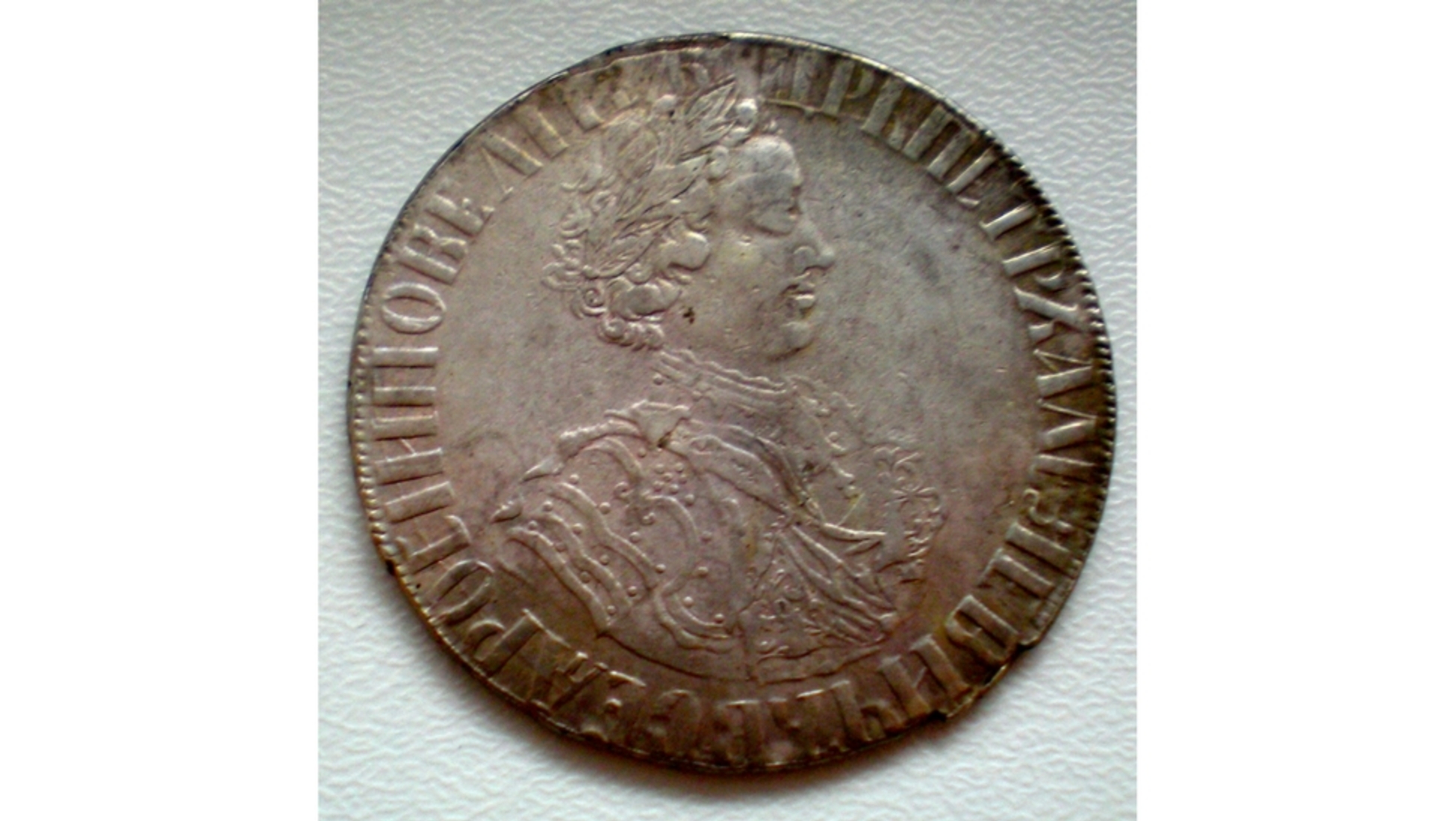Curious to know if your old coins are worth more than their face value? One of our in-house coin experts, Eric Toonen, has been collecting various things, including coins of course, since he was a child. He enjoys travelling all across Europe, seeking out the best pieces for his collection meeting like-minded collectors. In his 35+ years of experience, he’s built up quite a collection and quite a network. This allows him not only to curate some of our best coin auctions, but also to be able to accurately determine the value of old coins. He shares his expert advice here.
Getting Started
Eric says to get started determining the value of your coins, you’ll need to buy a magnifying glass of 30x strength or better and precision scales. This is to allow you to better check coins for scratches and to determine the weight as a way of recognising forgeries. Next Eric advises to educate yourself by purchasing catalogues and references books, visiting coin shows and talking to coin experts and checking previous auction results. Through this you can learn about coin grades and grading and you’ll be well on your way to determining the value of your old coins.

Determining the weight of a coin is a way to detect forgeries
Authenticity
The same rule that applies to all collectibles is that authentic pieces can be valuable, but replicas are not. And this rule applies to coins as well. If you have an authentic coin, it’s worth looking into the value by examining the following factors.
Rarity
How many were made? How many were handed in and/or melted? Naturally you can guess that the rarer a coin is, the more valuable it will be. If you have one of just a handful known to be in existence, chances are much higher than you have a treasure. Other questions to ask yourself when determining the rarity: Is the coin a rare variety? Does it have a misstrike? You’ll need to do some research on this subject which could include reading books on the subject and/or asking for expert advice. Our in-house coin experts are always happy to take a look at coins offered up for auction and give a valuation.

An exceptionally rare gold osella coin which sold for €5,500 at our Italian Coins auction in 2017
Provenance
For ancient coins (over 1000 years old) the provenance plays an important role in determining the value of your coins. If you know the story of where the coin originated and the history of ownership leading up to you, this is valuable information in determining value.
Material Purity and Weight
What material is the coin made of? Gold, platinum, silver? And what is the purity of the material and the weight? This is where your precision scales will come in handy, not only for determining weight, but also for fishing out forgeries. There is often a noticeable difference in weight between a genuine coin and a fake. It’s difficult to accurately reproduce the weight of a coin, and any use of different alloys will often result in different weights.
Certification
Is your coin slabbed by NGC or PCGS? If so, this certainly adds value. When a potential buyer sees that a coin has been officially certified by a trusted, professional grader, this adds a high level of trust. This trust then often leads to higher bids at auction.

This 1908 Chinese Dollar was slabbed by PCGS and sold on our International Coins auction in 2017 for €1,701 - nearly 10 times our in-house experts' estimate!
Packaging
Are your modern commemorative coins in their original packaging? If so, this will increase the value of your coins. For coin sets and modern silver and gold coins, the packaging needs to be crisp and complete. Coin sets in their original packaging can be more valuable than loose examples.
Market
Basic economics teaches us that demand drives price. The market always plays an important role in determining the value of collectibles. If a coin is highly sought after by collectors, it will inherently be more valuable because of the demand. But even if a coin is rare and in excellent condition, it will not be as valuable if nobody wants to buy it.

A Russian Poltina 1705 "Restroom" silver coin sold at our Russian & Eastern European Coins auction for €7,500 in 2016 - more than 5 times our in-house expert's estimate!
Now that you know some factors that determine the value of coins, you can start examining your own collection to determine if you have any that are extremely valuable. And if you discover a treasure, you can always offer it up for auction at Catawiki; Eric and his team are always on the lookout for special coins to include in our weekly Coins auction!
You might also like these articles: